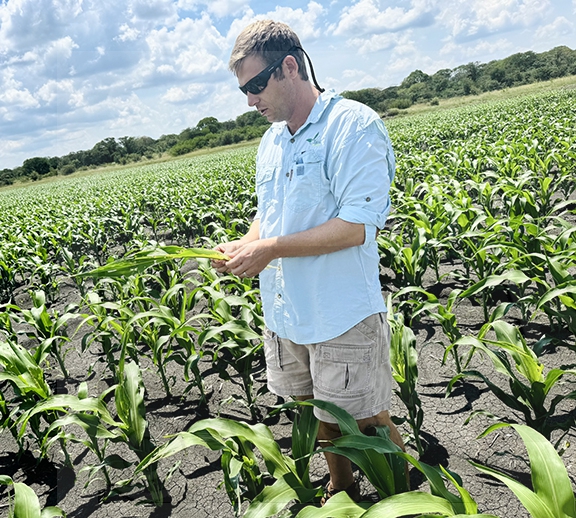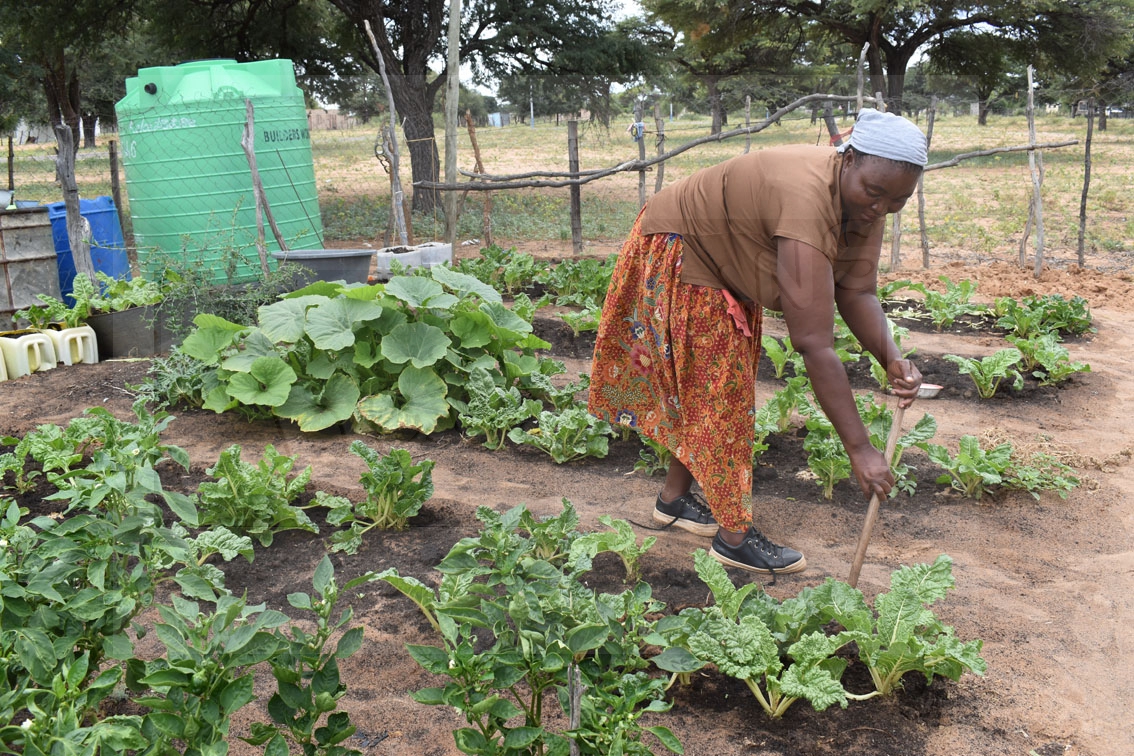Piggery industry low hanging fruit
10 Nov 2025
Pig farmers have been called on to increase their stake in the production of pork and its value chains owing to local and global demand.
During a workshop for pig farmers, which was sponsored by Nutri Feeds-Botswana and held in Pilane recently, farmers learnt that piggery presented an opportunity for diversification of livestock rearing and overall agricultural business.
Animal Production department acting director, Ms Hildah Motsipa, told pig farmers that the current pig population was 19 010 against a national pork demand of 5 000 tonnes per annum. Ms Motsipa said local farmers, as per 2024/2025 data, managed production of only 1 768 tonnes annually.
As such, she said it was crucial to strengthen public-private partnerships in the production and processing of pigs as well as leveraging the fodder strategy to reduce feed costs.
She also told farmers that limited breeding stock was a challenge, thus called on farmers to explore business in breeding stock as the national supply was inadequate, owing to Sebele’s only 27 breeding animals.
In that regard, Motsipa said the ministry was continuing to explore ways of developing pig industry commercialisation and expanding the pig multiplication unit in Sebele to increase breeding stock.
Other strategic interventions, she said, included strengthening veterinary surveillance and disease control as well as establishing structured markets and cooperatives, among others.
For his part, Dr Keoneeng Magocha of the Botswana Pork Producers Association (BPPA) said the pig industry was marred with a plethora of challenges.
He said most farmers were disgruntled because of low consumption of pork. He regretted that Botswana was at the bottom of the pack for countries consuming pork, noting that the average consumption worldwide was 14kg per person per year, while in Botswana it was less than 1kg.
“This shows just how much we are killing an industry that could be contributing so much to the food basket of the country, our economic development, as well as food security. Let us take it upon ourselves to promote pork consumption,” said Dr Magocha.
He further indicated that farmers’ challenges were exacerbated by low prices per kg in the market and disorganisation of pork farmers.
Thus, he said it was important that regional associations be formed in order to bargain collectively for their industry, adding that if there were associations in other regions, such as the one in Kgatleng, they could be contributing their ideas to the umbrella association.
Dr Magocha said it was shocking that hundreds of tonnes of imported pork were allowed in through the borders merely because pork farmers were not able to come together to speak in one voice to reduce such imports.
Other challenges, he said, included shortage of processors who had their own grading systems and therefore decided the prices.
“How on earth do you begin to plan a production without a formalised standard that a farmer should follow - without formalised processes,” he said.
He also decried high feeding costs that farmers were battling with, adding that disallowing genetically modified organisms was also costing farmers the opportunity to utilise high protein feeds, hence implored government to consider revising those policies.
Nutri Feeds managing director, Mr Allan Bradford, encouraged farmers to increase production in everything they started, arguing that mass production of food was the only way to diversify the economy other than producing food for sustenance.
“Farmers should ensure sustainability in everything they start for posterity and for generations to continue what they started,” Mr Bradford said.
He said Nutri Feeds was ready to support small-scale farmers through technical support and that pig farmers would be supported to grow the pork industry. ENDS
Source : BOPA
Author : Mmoniemang Motsamai
Location : Pilane
Event : Workshop
Date : 10 Nov 2025






